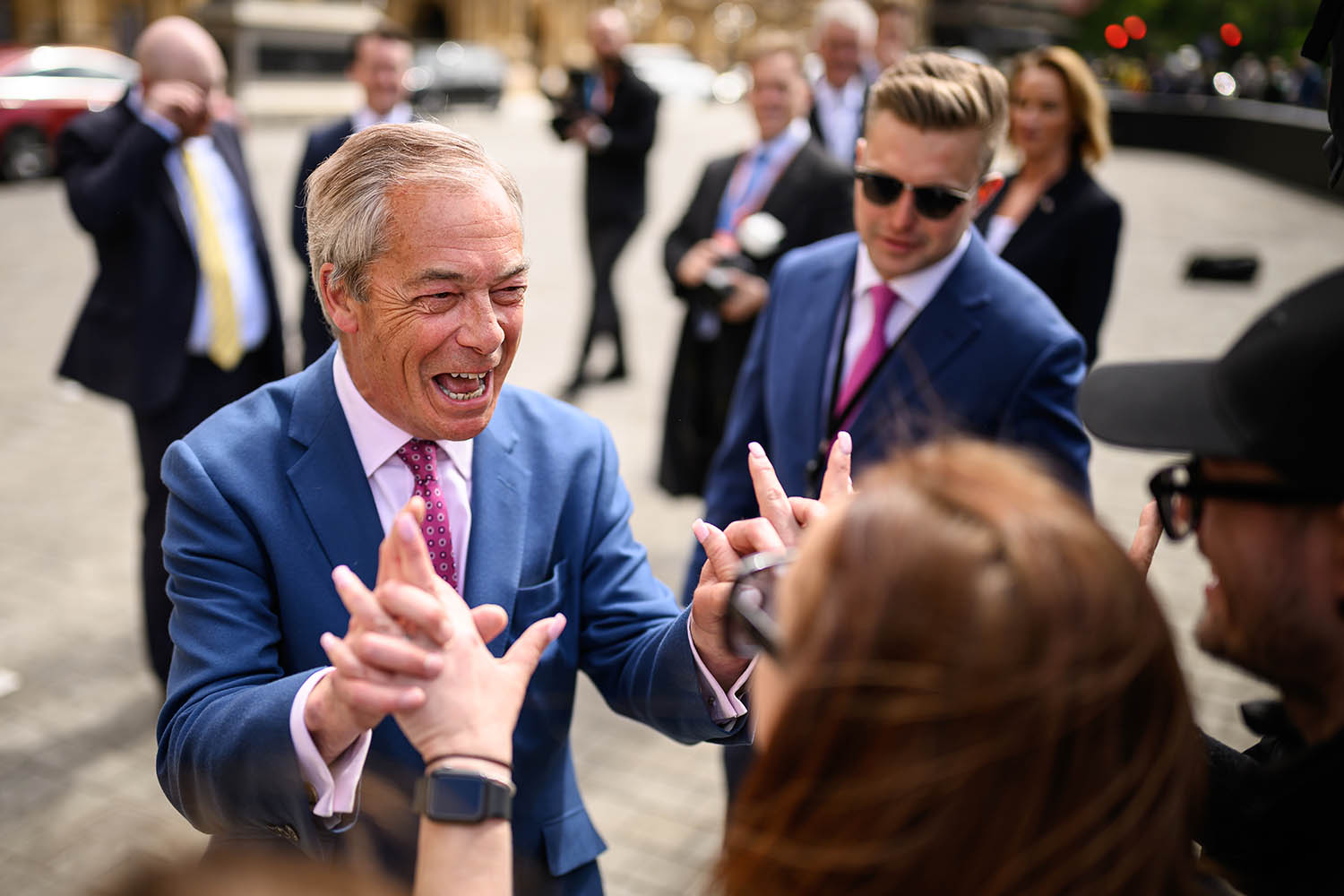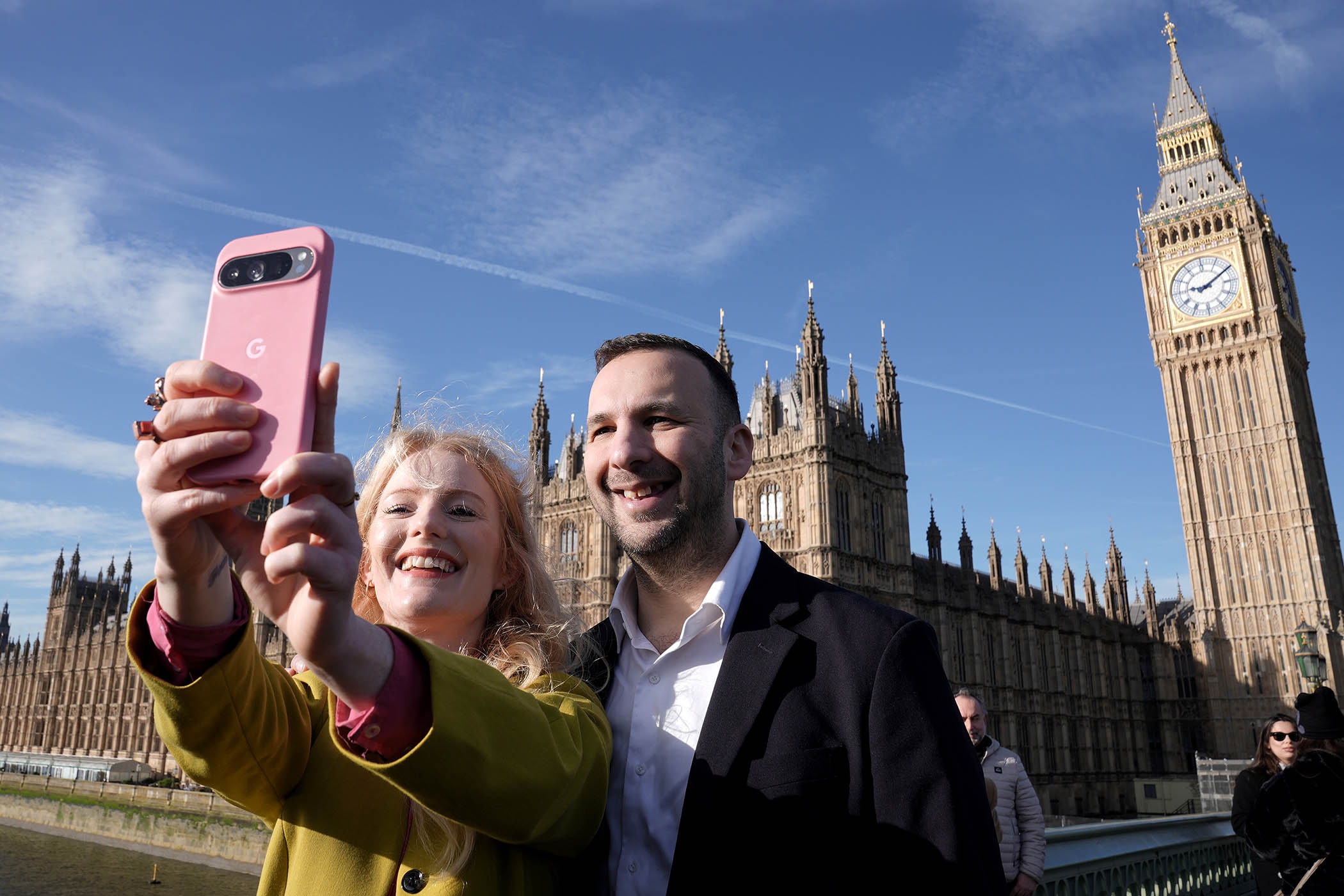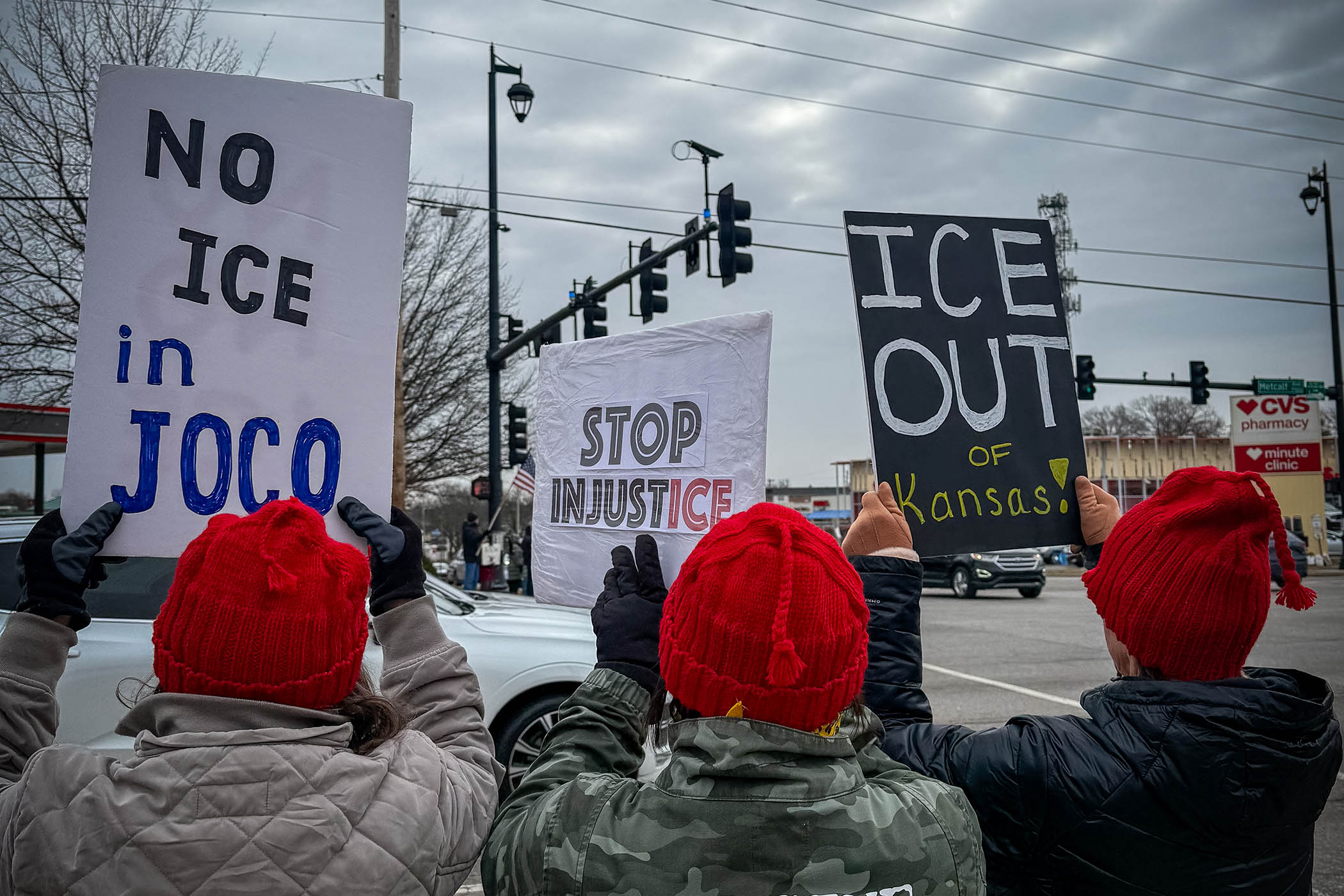The history of British politics is littered with failed attempts to create a new political party. The most hopeless of all took place in 1967, when the erratic Labour MP Tom Driberg sought to enlist Mick Jagger to bring in the youth vote. Jagger, of The Rolling Stones, was rightly sceptical: “I mean, I don’t exactly see myself scrutinising the water works bill inch by inch, if you know what I mean.”
Over dinner at the Gay Hussar pub in Soho, Driberg tried to grope Jagger’s thigh while WH Auden apparently asked Marianne Faithfull if she had ever smuggled drugs in her bottom. When Keith Richards got to hear of this nonsense, he declared the new political party to be the worst idea he had ever heard in his life.
Nigel Farage might be succeeding where Jagger failed. Reform took 31% of the vote, 677 seats and control of 10 councils in this month’s local elections. The latest YouGov poll on voting intention puts Reform in the lead on 29%. He has a monopoly on the political virtue of resentment. He is the poster boy of protest.
This is a different order of event than the standard “protest vote” of conventional politics. Professor John Curtice wrote that the May local election results “cannot be simply dismissed as a short-lived protest vote”, and he is right. They should be interpreted as a long-lived vote on the grounds of protest as democracy becomes a series of repeated accusations of betrayal against the political class.
In this new dispensation, nobody would invent either the Labour or the Conservative party if they did not exist already
In this new dispensation, nobody would invent either the Labour or the Conservative party if they did not exist already
Every major voting event since the 2016 European referendum is best understood as a protest of one group against another. The victims and the beneficiaries change, but every election was a complaint. The 2016 referendum was a combination of all grievances, crystalised against the idea of Europe. The 2017 general election brought the two tribes of Leave and Remain back together. Boris Johnson turned 2019 into an elegy about a Brexit struggling to be born. The explicit Labour strategy for 2024 was to mobilise protest against the Conservative party. But nobody embodies protest like Nigel Farage.
Slowly, the lineaments of a new politics are emerging, and it might be as consequential as the shift a century ago from Tory against Liberal to Tory against Labour. The battle to which we have become accustomed, of right versus left, of conservative versus social democrat, of Tory versus Labour, is dissolving. The two main parties – a description that is currently inaccurate – are polling just 39% of the electorate. There was a time when 39% meant one party lost to the other.
The new lines of division are Leave versus Remain, Open versus Closed. The class affiliations of our time have turned over. Reform won 39% in working-class wards and just 19% in middle-class places. The highest Reform vote in the country was 65.1% in a ward in Sedgefield in County Durham, which was until 2007 Tony Blair’s political base.
In this new dispensation, nobody would invent either the Labour or the Conservative party if they did not exist already. The fault line of the new politics runs right through the two parties, not between them. The only party unequivocally on one side or the other is Reform. Farage has a precious commodity that no start-up party has ever had before: he has a cause, and his cause is resentment.
Photograph by Leon Neal/Getty
Newsletters
Choose the newsletters you want to receive
View more
For information about how The Observer protects your data, read our Privacy Policy



